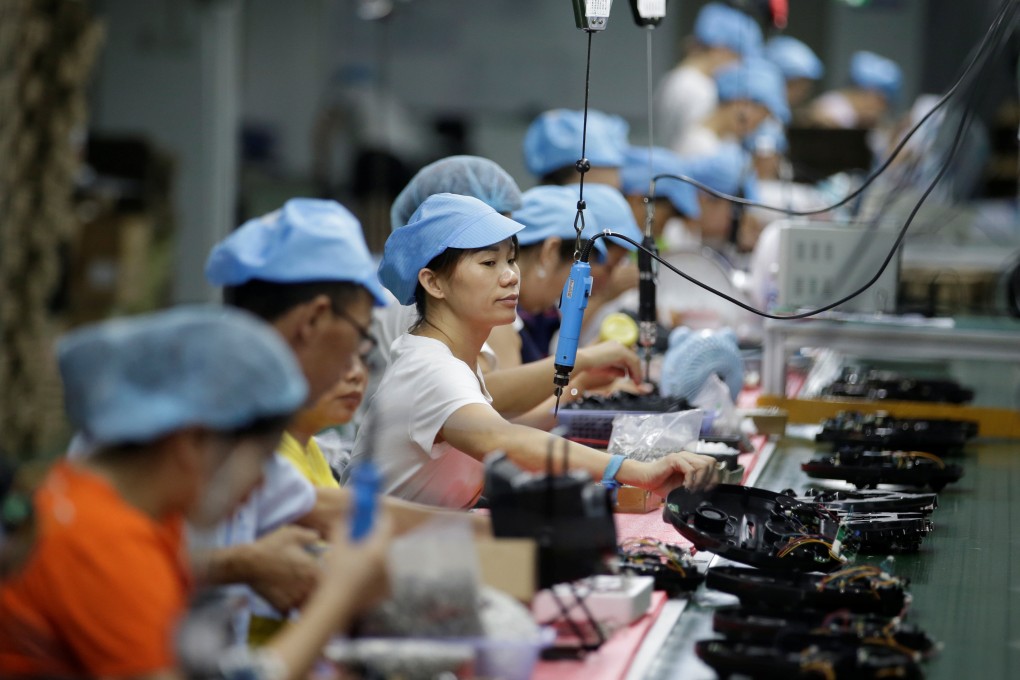Advertisement
Opinion | In China at least, a little inflation may not be a bad thing
- The divergence in the increases in consumer and producer prices is the result of Chinese producers’ preparations for a post-pandemic surge in demand, which has yet to materialise
- This lack of price pass-through has kept consumer inflation low, but squeezed the profits of downstream producers, which will ultimately undermine economic growth
Reading Time:3 minutes
Why you can trust SCMP

Recent price increases in the world’s two largest economies have unnerved global markets, which have become accustomed to low inflation. But, at least in China, a little inflation would not be a bad thing.
Advertisement
In the United States, massive government spending during the Covid-19 crisis has raised fears of a financial reckoning. The consumer price index (CPI) surged 4.2 per cent year on year in April, the fastest growth since 2008. The producer price index (PPI) has also risen, to 217.5 in April, up from 185.5 a year earlier.
This data has intensified pressure on the US Federal Reserve to tighten its ultra-loose monetary policy, a message that seems to have been picked by the Fed, which this week took a more hawkish line with predictions of two interest rate rises by the end of 2023 and upgraded estimates for inflation for the next three years.
In China, the annual CPI rose 0.9 per cent in April (year on year), compared with a 0.4 per cent rise in March. More striking, the PPI soared 6.8 per cent year on year in April, reaching its highest level since October 2017. In May, the CPI and PPI both rose – and diverged – further, increasing by 1.3 per cent and 9 per cent respectively.
And yet Chinese markets remain mostly calm. With Chinese economists far more worried about waning growth momentum in the second quarter than inflation, there is little pressure on China’s fiscal and monetary policymakers to pursue tightening.
Advertisement

Advertisement
